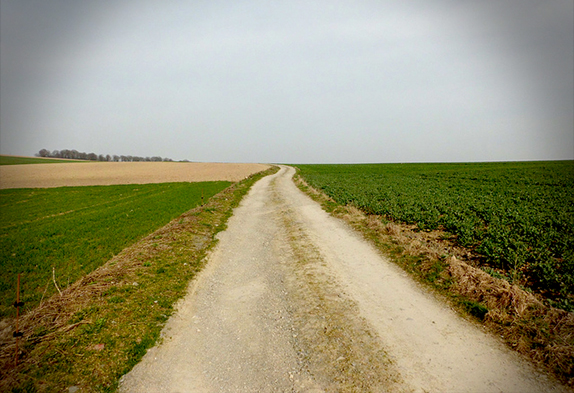
Is retirement an end or a beginning? We talk about retiring from, almost never retiring to. We talk about what we are leaving behind rather than where we are going.
We focus on what we no longer have to endure. We’ve spent our lives on the concerns of living: the job, the commute, the burdens, the worries, raising kids, paying the mortgage, keeping a boss or employees or colleagues happy, and supporting those who depend on us.
Then we retire. Now what?
We know every scintilla of what we no longer have, every contour and prick and projection of the boulder that has long lain heavily across our shoulders; but we are ignorant of what remains when we slough off that weight.
What remains is— more than ever before in our lives—ourselves. There is no longer the excuse of diurnal necessity to avoid what transpires between our ears, for it is all that remains, or at least it’s the crux: the essential, the flour that, no matter how much yeast and how many herbs and spices you add, without which there is no bread.
Webster’s New World College Dictionary’s first definition of retire is “to go away, retreat, or withdraw to a private, sheltered, or secluded place.” That is a fair interpretation of the historical notion of retirement. It has meant leaving the world and its worries behind.
When you leave everything behind, however, all that remains is death. Is that what retirement really means when you strip it of euphemisms and circumlocutions, the verbiage about senior citizens and the second age or third age or fourth age? To paraphrase Langston Hughes’s line about a dream deferred being like a raisin in the sun, is retirement merely a death deferred?
We today tend to want to think that the issues posed by retirement are new things under the sun, newly created by the 21st century’s longevity and the developed world’s advanced health care. But attend to what the Roman Horace wrote in “Satires” in the first century BC.:
“We rarely find anyone who can say he has lived a happy life, and who, content with his life, can retire from the world like a satisfied guest.”
Or his countryman and contemporary Lucretius in “On the Nature of Things”: “Why dost thou not retire like a guest sated with the banquet of life, and with calm mind embrace, thou fool, a rest that knows no care?”
All of this is by way of addressing the unexpected angst of my own retirement after I sold The Independent newspaper nearly four years ago.
Running any small business is an almost totally preoccupying affair. When you are not working 12-hour days, you are worrying; and in those moments when you can’t find anything worrisome, you worry about why you aren’t worrying.
A newspaper is a small business in spades. At the end of the day, you can close your shoe store or your coffee shop and go home and not have to sell any more coffee or shoes until the next day. But news never stops.
People schedule important meetings at 7 a.m. and 8 p.m., sometimes on the same day, and the meetings can last until midnight. Folks love to do things, like staging fiestas and playing sports, on weekends. Sources are often unavailable until the oddest of times. And unexpected tragedies, whether crimes or storms or floods or fires, often seem to strike just when you are finally drifting off to sleep. Every reader, every event demands the presence of the guy or gal who, more than anyone else, is the eyes, ears and voice of the community.
Learning to live with all that is a trip. Learning to live without it is a trip and a half.
It’s taken me years to learn how to live without it, and if the truth be known, I am still trying to figure it out. The initial change was so drastic it threw me into depression and made my wife physically ill.
“You need a mission,” counseled a friend. Missions, however, are not apples hanging on a tree ready for convenient plucking. I did not have a mission, and the more I thought about it, the more I realized I didn’t want one. That was not what was between my ears.
Slowly I have come to the realization that retirement represents not a time to do less but the leisure to do more—all those ambitious things that I never before had time for. Just in the past couple of weeks, for example, I have climbed Wheeler Peak, the highest mountain in New Mexico, a target that has been eluding me for more than three decades; rafted the Rio Chama, a green and peaceful watercourse that has enticed me every time I have driven along it on my way north; and started writing a new novel about—you guessed it—retirement.
(Photo by Ruben Holthuijsen)

August 20, 2014